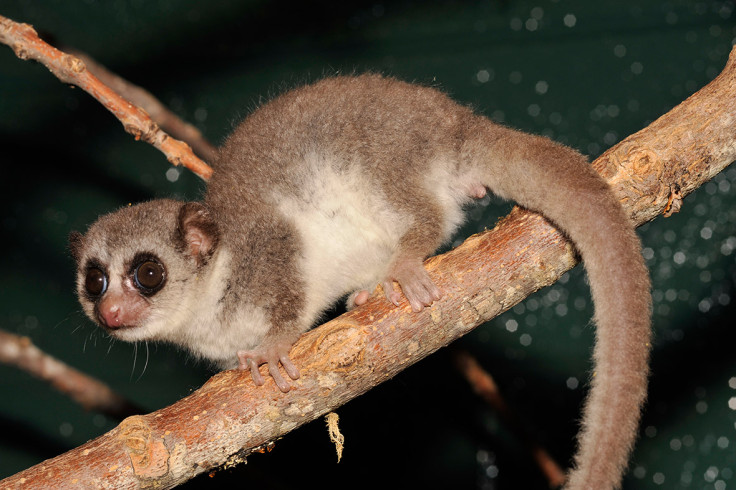Madagascar: Lemurs could be extinct in wild within 25 years say experts

Madagascan lemurs could become extinct in the wild within 25 years if their natural environment continues to be degraded, experts have warned.
There are 106 species of lemurs, Madagascar's only primates, almost all of them in severe peril due to logging, hunting and the expansion of human settlements.
Professor Jonah Ratsimbazafy, who runs a centre for primate research on the island, told the BBC that the situation was becoming increasingly dire.
"My heart is broken," said Ratsimbazafy, "because the situation is getting worse as more forests disappear every year. That means the lemurs are in more and more trouble."
Lemurs only live on the island because of its unique forests, which have evolved in isolation for around 88 million years. Now, with just 10% of the original forest left, the lemurs are under increasing pressure.
"Just as fish cannot survive without water, lemurs cannot survive without forest, but less than 10% of the original Madagascar forest is left," said Prof Ratsimbazafy.

"I would believe that within the next 25 years, if the speed of the deforestation is still the same, there would be no forest left, and that means no lemurs left in this island."
Much of Madagascar's population is poor and needs to convert forest into farmland to survive, but local environmental groups are attempting to encourage eco-tourism so that locals begin to see the lemurs as being more valuable than farming.
Killing lemurs is illegal, but for some people lemur meat - "bush meat" - is a delicacy and some species are still hunted for food. Conservation groups believe as many as 10% of lemurs are being killed each year and the unique animal could vanish by 2040.
International organisations agree with these gloomy predictions. In 2013 Bristol's Conservation and Science Group found that 94% of lemurs were at risk, up from 66% just seven years earlier.
© Copyright IBTimes 2024. All rights reserved.























